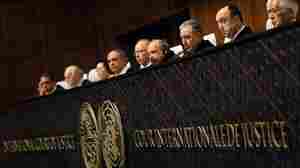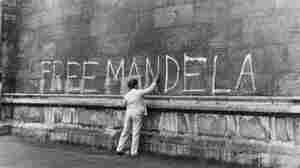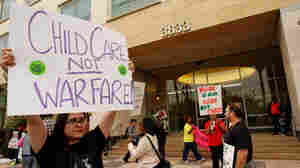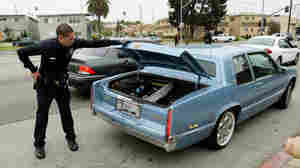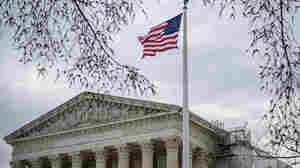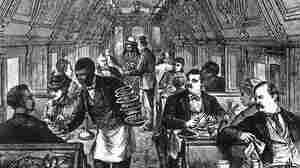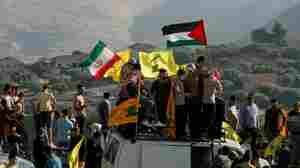Subscribe to Throughline+. You'll be supporting the history-reframing, perspective-shifting, time-warping stories you can't get enough of - and you'll unlock access bonus episodes and sponsor-free listening. Learn more at plus.npr.org/throughline
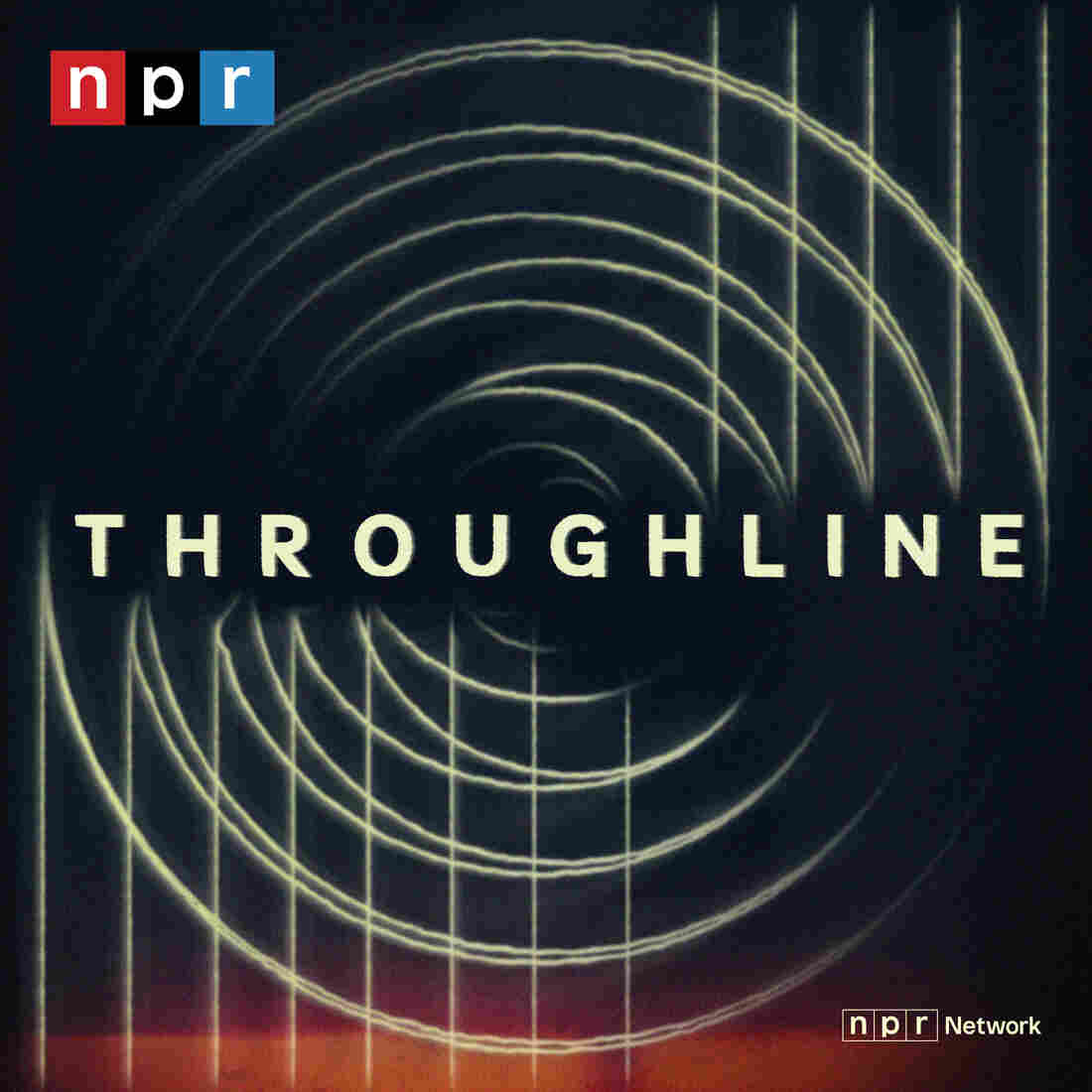
Throughline
From NPR
Throughline is a time machine. Each episode, we travel beyond the headlines to answer the question, "How did we get here?" We use sound and stories to bring history to life and put you into the middle of it. From ancient civilizations to forgotten figures, we take you directly to the moments that shaped our world. Throughline is hosted by Peabody Award-winning journalists Rund Abdelfatah and Ramtin Arablouei.
Subscribe to Throughline+. You'll be supporting the history-reframing, perspective-shifting, time-warping stories you can't get enough of - and you'll unlock access bonus episodes and sponsor-free listening. Learn more at plus.npr.org/throughline
Most Recent Episodes
American lawyer and consumer activist Ralph Nader, whose book 'Unsafe at Any Speed', led to the passage of improved car safety regulations. He is at a Senate hearing at Washington triggered by his publication. Keystone/Getty Images hide caption
Illustration of Luxurious Early American Railway Pullman Dining Car, 1877. Getty Images hide caption
